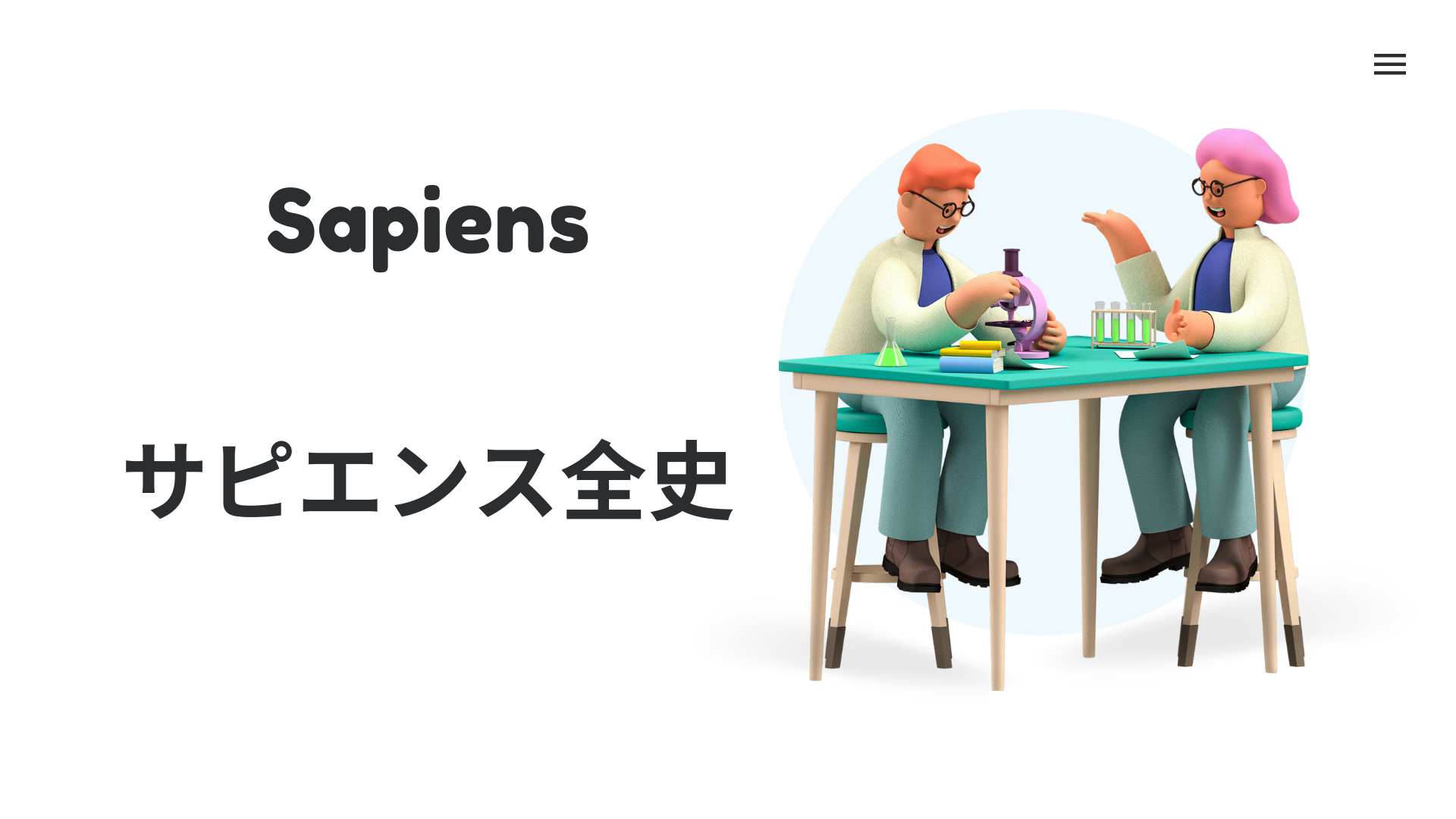
英語でSapiens を読もう📖#16
For English learners!
Hello everyone, how’s your English learning journey going?😃 Reading an English book is sometimes a long journey. You might inadvertently stop if you are alone. But no worries. You are at the right place already. I would like to explore an English book here so that you can try reading the book with me. We are not alone. Let’s enjoy a fun time reading!
The book, which I picked up this time, is called Sapiens, published by Yuval Noah Harari. The Amazon Kindle link below allows you to read up to chapter 3. Today, I am covering chapter 16.
You can check out my recommending strategy of reading as well as a bit of information about this book with a link below. Okay then, let’s get started📖
日本語学習者のみなさん!
みなさん、こんにちは。あずみです。日本語の勉強はどうですか?やさしい日本語で読むのに飽きてきたあなたに、もうワンランク上のリーディングをお届けしたい、ここはそんなブログです。英語部分で私が書いていることを、日本語で書くならこんな感じというのがテーマです。ぜひ、カジュアルな日本語のライティング表現を体験しながら、同時に興味深い本の内容も楽しんでボキャブラリーの幅を広げてくださいね。😃
英語の勉強、はかどってますか?英語の本を読むのって長い旅路ですよね。うっかり止まって挫折してしまうのはとても簡単です。でもこのブログを読んでいるあなたはだいじょうぶ。そんなあなたを応援するのがこのブログです。このブログで私は本を取り上げ、掘り下げていきたいと思いますので、よかったら私といっしょにこの本にチャレンジしてみてください。
今回読む本は、ユヴァル・ノア・ハラリさんの「サピエンス全史」です。本の内容はアマゾンキンドルのリンクから試し読みで確認してみてください。
また、こちらのリンクから英語の本のオススメの読み方について取り上げています📖ぜひ確認してみてくださいね。さぁ、16章を読みましょう。
Ch.16 The Capitalist Creed
🦧第16章 拡大するパイという資本主義のマジック
Grasp the structure!🦧構成を把握する

To grasp the chapter, you just try to see its hierarchical configuration. I strongly recommend drawing it either physically or virtually.
階層構造を追い、内容を把握します。実際にメモを取りながらするとはかどります。
🚧工事中 🚧
🚧工事中 🚧
🚧工事中 🚧
🚧工事中 🚧
Summarize the chapter concisely🦧章を一言でまとめる

To summarize, check the hierarchical configuration and make sentences with important points of each.
階層構造の各部分のポイントを確認して、文にしてまとめます。
Modern economic history is about growth. Although production per capita remained static in most of history, it has grown thanks to credit. Trust in the future with the assumption that in the future there be more abundant resources enables us to agree with imaginary goods. People believe that if we admit our ignorance and invest resources in research, things can improve and that the invention can increase production, trade, and wealth. Trust in the future created credit, and credit has brought real economic growth and strengthened trust further. Modern science is always relied on discovering a new industry before the bubble bursts.
How did Capitalism play a decisive role in the emergence of European imperialism? European imperialism grew the capitalist credit system and it led to the embrace of capitalism and empire. Companies pulled the strings of power and count on the state to look after their interests as if the government was their trade union. Capitalists exploited the imperial military to ensure their profits, and capitalism contributed to colonization. Capitalists argue that governments should not interfere in the market. However, the markets need political protection to ensure their trust. It is dangerous to give markets completely free rein. Growth can blind people, lead to causing a catastrophe, as capitalism killed people in a different way from Christianity or Nazism did.
現代の経済史は経済成長について語ることを意味します。一人当たりの生産量は歴史の大部分で変わらないままでしたが、信用取引によって成長を遂げます。未来にはより豊富な資源であると想定は、未来への信用を生み出し、人々は架空の商品(信用取引)に同意することを可能にしました。私たちが無知を認め、研究に資源を投資さえすれば、物事は改善され、発明は生産、貿易、富を生み出すと人々は信じています。未来への信頼は信用取引を生み出し、信用取引は真の経済成長をもたらし、信頼をさらに強化しました。現代科学は、バブルが崩壊する前に常に新しい産業を開拓するという責務を担っています。
資本主義はヨーロッパ帝国主義の出現に際して、どのように決定的な役割を果たしたのでしょうか?ヨーロッパの帝国主義は資本主義の信用取引システムを成長させ、資本主義は帝国を包囲しました。企業は権力の糸を引き、政府がまるで自分たちの労働組合であるかのように、企業利益を守るために国家を頼りにしています。資本家は彼らの利益を確保するために帝国の軍事力を頼りにし、資本主義は植民地化の拡大に貢献しました。資本家は、政府は市場に干渉すべきではないと主張します。しかし、市場は信頼を確保するために政治的保護を必要としています。市場に完全な自由な支配を与えることは危険です。資本主義がキリスト教やナチズムとは異なる方法で人々を殺した過去があるように、成長は人々を盲目にし、大惨事を引き起こす可能性があります。
Make questions to discuss🦧ディスカッション用の質問を作ろう

To discuss, make questions. It gives you a great topic to talk about in English.
本について話し合うための質問を作ります。作った質問は英語で話をするときのいい話題になりますよ。
What does it mean? How are the parts connected? what is the reason for people’s actions?
There is more than one possible answer, but the viewer’s opinion is based directly on the text.
ここはどういう意味でしょう?これらの箇所はどう繋がっていますか?この行動にはどんな意味がありますか?
答えは2つ以上考えられますが、質問の答えは本文に直接基づいている必要があります。
My opinion: This chapter explores eye-opening capitalism’s notorious aspect. One thing I can tell is that it really needs restrictions and protection. Also, as the author mentioned, we simply don’t have an alternative plan to keep our society run. My answer is that capitalism itself cannot make the world better on its own, and it depends on how much Sapiens come up with ideas to make it work. I hope globalization makes some enforcement for a fairer society.
私の意見:この章は、目を見張るような資本主義の悪名高い側面を描いています。私の意見として言えることは、資本主義には制限と保護が間違いなく必要だということです。また、著者が述べたように、私たちには社会を回していくための資本主義以外の方策がないというのも大きなポイントです。私の答えとしては、資本主義自体が世界をより良くすることはできず、それはサピエンスが資本主義を機能させるためのアイデアをどれだけ生み出せるかにかかっていると思います。グローバリゼーションがより公正な社会のための何らかの強制力をもたらすことを願っています。
five questions for discussion🦧ディスカッション用の5つの質問
How does this make me feel? What does it remind me of?
There are many correct answers that are related to one’s experience; they can be found outside of the text/speech.
この箇所はどんな風に感じますか?何を思い出させますか?
個人の経験に関連するたくさんの答えが本文の外で見つけられることが考えられます。
What does it say?
One correct answer is found in the text.
なんと言っていましたか。
答えは一つです。テキスト内でみつけることができます。
What does it mean? How are the parts connected? what is the reason for people’s actions?
There is more than one possible answer, but the viewer’s opinion is based directly on the text.
ここはどういう意味でしょう?これらの箇所はどう繋がっていますか?この行動にはどんな意味がありますか?
答えは2つ以上考えられますが、質問の答えは本文に直接基づいている必要があります。
What is the message beyond this presentation? What are the greater issues or questions this piece deals with?
The presentation is not directly referenced in the question. There are many possible answers found outside of the presentation, but it’s a starting point.
このトピックが伝える、もっと大きなメッセージはなんでしょう?このトピックの先にどんな大きな問題が見えますか?
この質問は、このトピックと直接リンクする必要はありません。この話の外側にたくさんの答えがあるでしょう。でも、このトピックがいいスタートポイントになります。
How effective is the presentation in whole or in part? Why did the speaker/author make these choices and how well do they work?
Many possible answers can be found outside of the presentation but it’s a reference.
この箇所は全体の中で/この部分においてどう効果的な役割を果たしていますか?どうして話者はこのような表現をしましたか、またそれはどのように機能していますか?
たくさんの答えが本文の議論の外でひとつの例としてみちびかれる可能性があります。
Expressions and terms🦧覚えておきたい単語・表現

Pick some terms that you are unfamiliar with from sentences you high-lightened and memorize them because you need them to discuss this chapter!!
読みながらハイライトした特に重要だと思う文の中から、使い慣れていない言葉を選んで覚えましょう。なぜかというと、ディスカッションで意見や考えを言うために必要になるからです。
| term | example sentence |
|---|---|
| creed | In the new capitalist creed, the first and most sacred commandment is: ‘The profits of production must be reinvested in increasing production.’ |
| invest | The idea of progress is built on the notion that if we admit our ignorance and invest resources in research, things can improve. |
| credit | This trust created credit; credit brought real economic growth; growth strengthened the trust in the future. |
| collective | the selfish human urge to increase private profits is the basis for collective wealth |
| 単語 | 例文 |
|---|---|
| 教義 | 新しい資本主義の教義において、第一のそして最も神聖な戒律は、「生産の利益は生産の増加に再投資されなければならない」というものである。 |
| 投資する | 進歩の考え方は、私たちが無知を認め、研究に資源を投資すれば、物事は改善できるという考えに基づいている。 |
| 信用取引 | この信頼は信用取引を生み出した。信用取引は真の経済成長をもたらした。成長は将来の信頼を強化した。 |
| 集合的な | 個人の利益を増やしたいという利己的な人間の衝動は、集合的な富の基礎である。 |

How do you remember about Colonization? What did you learn in history class in school? What was really hard to understand as a kid was why did the Europeans choose to conquer and colonize? So, I’ve gotten this answer finally in this chapter, thanks to the author. My history teacher never gave me an aspect that was driven by the capitalists’ greed. And, I truly believe that this is very important for students to learn that how capitalism has played its role in history.
植民地化の歴史についてどんなことを知っていますか?学校の歴史の授業で何を勉強しましたか?子供の頃に本当に理解するのが難しかったのは、なぜヨーロッパの人々が他の大陸を征服して植民地化することを選んだのかということでした。今回、著者のおかげで、私はこの章でようやくこの答えを得ました。学校の先生は、資本家の欲望に駆り立てられてそれがなされたという側面を授業で言及しませんでした。そして、その事実は、資本主義が歴史においてどのようにその役割を果たしてきたかを子どもたちが学ぶために非常に重要だと感じています。

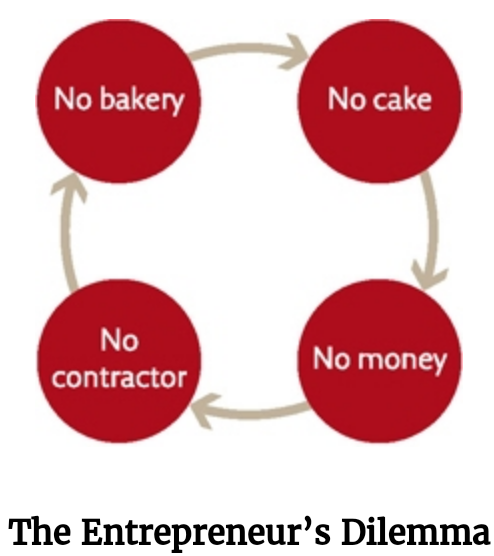
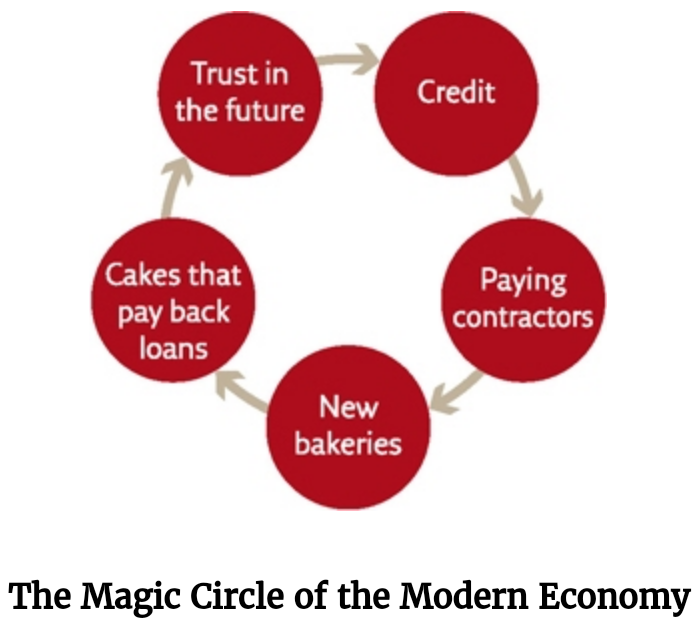
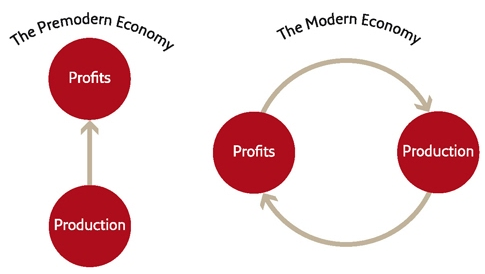
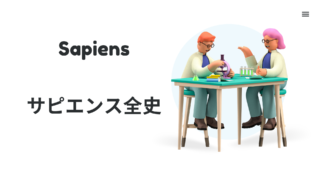

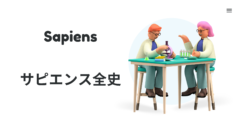
コメント